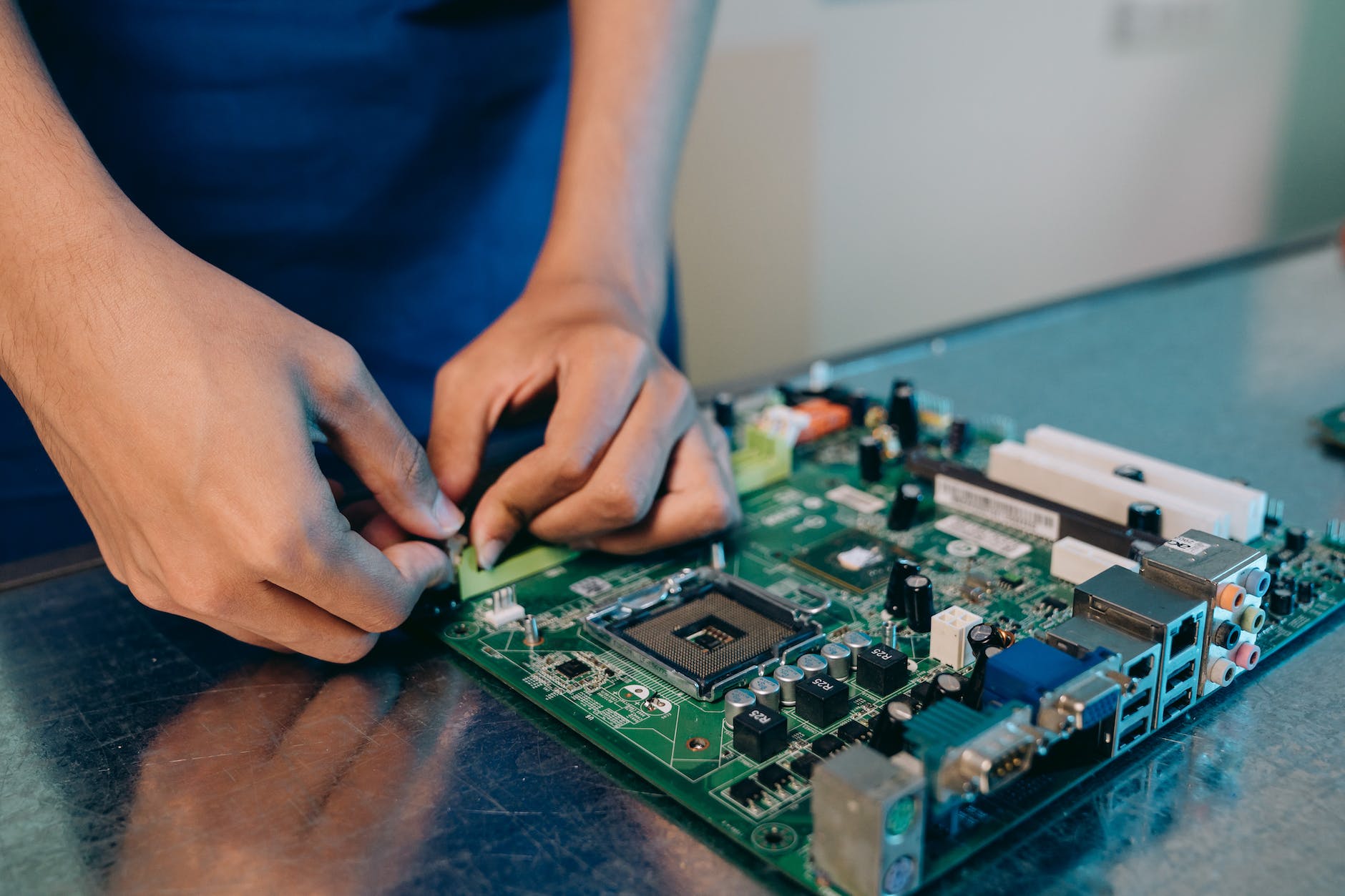Artificial Intelligence (AI) has become one of the most captivating and rapidly advancing fields in technology. With the potential to revolutionize various industries and aspects of our daily lives, the future of AI is a topic that sparks curiosity and excitement. In this article, we will explore the future of artificial intelligence from multiple perspectives, delving into its potential applications, ethical considerations, impact on the job market, and challenges that lie ahead.
Potential Applications of AI
One of the key areas where AI is expected to make significant advancements is healthcare. AI-powered systems can assist in diagnosing diseases, analyzing medical images, and predicting patient outcomes. This can lead to more accurate diagnoses, personalized treatment plans, and improved patient care. Additionally, AI has the potential to enhance transportation systems, optimize energy consumption, revolutionize customer service through chatbots, and transform the manufacturing industry with automated processes.
Ethical Considerations
As AI continues to evolve, ethical considerations become increasingly important. The question of how AI should be used ethically arises, especially in areas such as autonomous weapons, privacy invasion, and job displacement. Striking a balance between technological advancements and ethical guidelines is crucial to ensure that AI benefits humanity without causing harm. It is essential to establish robust regulations and frameworks to govern the development and deployment of AI systems.
Impact on the Job Market
The rise of AI has raised concerns about job displacement. While AI has the potential to automate repetitive and mundane tasks, it also creates new job opportunities. It is predicted that AI will transform job roles rather than completely replace human workers. To adapt to the changing job market, individuals need to acquire new skills that complement AI technologies. This includes developing critical thinking, creativity, and emotional intelligence, which are areas where humans excel.
Challenges Ahead
Despite the immense potential of AI, there are several challenges that need to be addressed. One of the main challenges is ensuring the reliability and transparency of AI systems. AI algorithms should be free from biases and should provide explanations for their decisions. Additionally, data privacy and security are significant concerns in the era of AI, as large amounts of personal data are being collected and analyzed. Another challenge is the need for continuous research and development to overcome the limitations of current AI technologies and explore new possibilities.
In conclusion, the future of artificial intelligence is filled with immense possibilities and exciting advancements. From healthcare to transportation, AI has the potential to transform various industries and improve our lives. However, ethical considerations, impact on the job market, and challenges such as reliability and data privacy need to be carefully addressed. By harnessing the power of AI responsibly, we can shape a future where humans and machines work together to create a better world.


